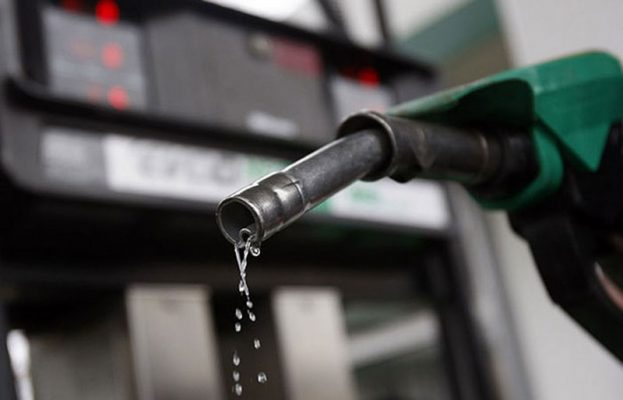Petrol imports: Marketers raise concerns over dollar shortage
March 30, 2020743 views0 comments
While the landing cost of petrol has tumbled on the back of the sharp drop in crude oil prices, major fuel marketers are not keen to resume the importation of the product as access to dollar is seen as a major hurdle.
The Nigerian National Petroleum Corporation has been the sole importer of petrol into the country for more than two years, after private oil marketers stopped importing the commodity due to crude price fluctuations, among other issues.
The federal government had on March 18, 2020 directed the NNPC to reduce the pump price of petrol to N125 per litre, noting that the expected open market price of imported petrol had fallen below N145 per litre.
The Petroleum Products Pricing Regulatory Agency said it would continue to monitor trends in market fundamentals and announce a monthly guiding/expected open market price at the beginning of every month, effective April 1, 2020.
After a meeting on March 19, industry stakeholders resolved to await the decision of the PPPRA board meeting slated for March 20 on the new petrol template for price modulation.
They declared support for the opportunity given to private sector players to resume importation of the PMS, according to a statement signed by the Major Oil Marketers Association of Nigeria, the Depots and Petroleum Products Marketers Association of Nigeria, the PPPRA and the NNPC.
He described the availability of dollars as critical, saying one cargo of petrol could cost up to $20m.
He said, “In the past, people would open letters of credit but they would not get the dollars to liquidate the LCs for a long time and sometimes, by the time they got the dollars from the banks, naira might have fallen. So, it means you have to go and look for more naira to liquidate the LCs.
“That is why I said availability of dollars is very key, so that when you are making the order for the product, you can make the payment immediately.”
Oyebanji noted that with the fall in crude oil prices and the actual reduction in sales, the availability of dollars would go down.
The Central Bank of Nigeria had on March 20 adjusted the official exchange rate to N380/$1 from N307/$1, a development many analysts have described as naira devaluation.
The MOMAN boss said the adjustment would enable everyone to buy the dollar at the same rate “but the problem now is availability.”

